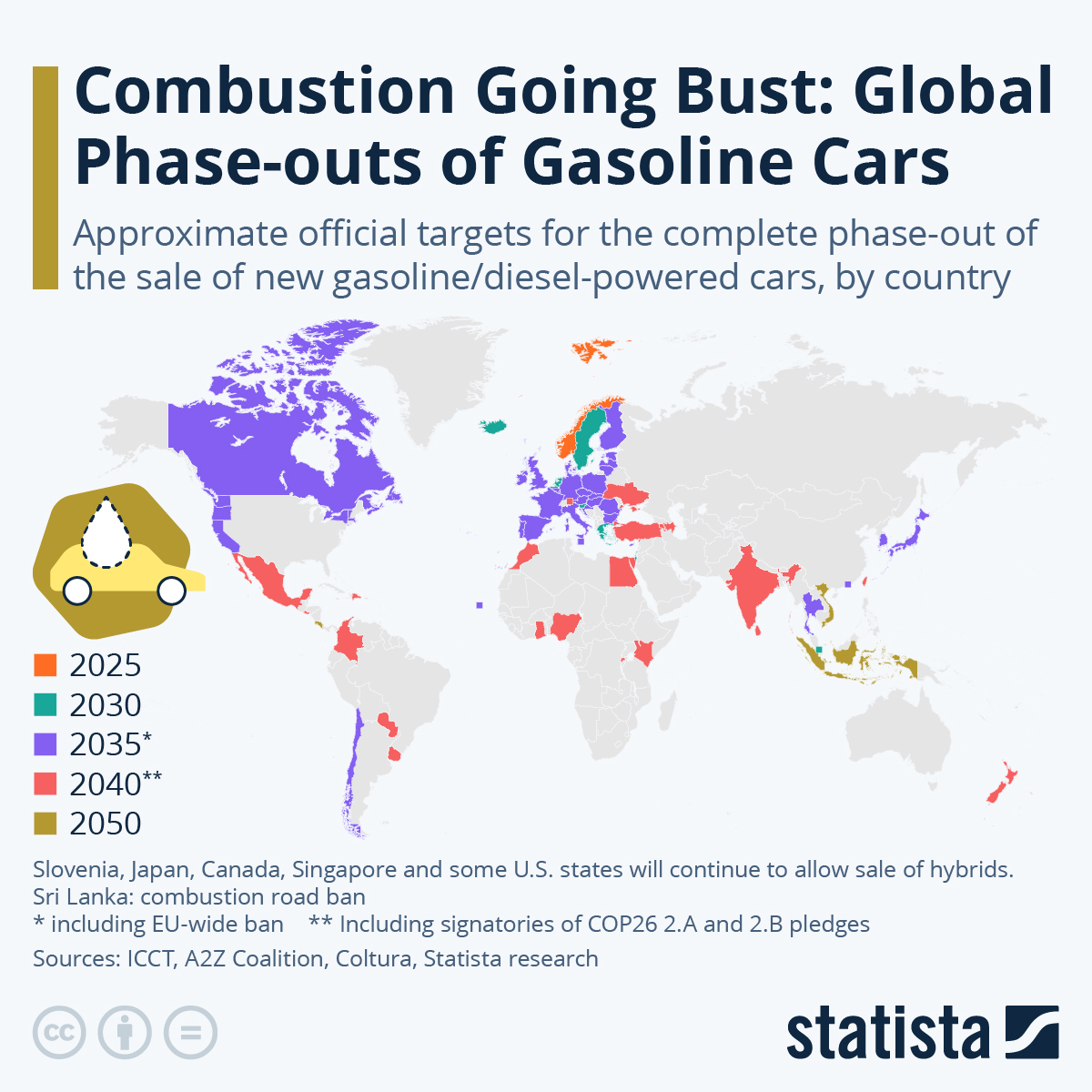Fuck Cars
A place to discuss problems of car centric infrastructure or how it hurts us all. Let's explore the bad world of Cars!
Rules
1. Be Civil
You may not agree on ideas, but please do not be needlessly rude or insulting to other people in this community.
2. No hate speech
Don't discriminate or disparage people on the basis of sex, gender, race, ethnicity, nationality, religion, or sexuality.
3. Don't harass people
Don't follow people you disagree with into multiple threads or into PMs to insult, disparage, or otherwise attack them. And certainly don't doxx any non-public figures.
4. Stay on topic
This community is about cars, their externalities in society, car-dependency, and solutions to these.
5. No reposts
Do not repost content that has already been posted in this community.
Moderator discretion will be used to judge reports with regard to the above rules.
Posting Guidelines
In the absence of a flair system on lemmy yet, let’s try to make it easier to scan through posts by type in here by using tags:
- [meta] for discussions/suggestions about this community itself
- [article] for news articles
- [blog] for any blog-style content
- [video] for video resources
- [academic] for academic studies and sources
- [discussion] for text post questions, rants, and/or discussions
- [meme] for memes
- [image] for any non-meme images
- [misc] for anything that doesn’t fall cleanly into any of the other categories
Recommended communities:
view the rest of the comments

How is Japan going to do that by 2035? Almost nobody has a garage, and there are no charging spaces at the parking spots most people are forced to rent (you need one within 2km of your residence). I haven't heard of any mandate to get charging spots installed at these rental parking areas, and then there's the issue of how electricity would be billed. Electric cars are for the very wealthy right now ( in Japan ).
Maybe they're banking on the idea of hydrogen fuel, since Toyota is a big fan of it. Also the footnote stated they will allow hybrid as well, so pure ICE are the one affected.
At least japan is walkable and has high speed rail so for many owning a car can be optional.
The big cities are walkable / have good transport, but the countryside is inaccessible without a car for the most part.
I don't know Japan at all, but might there be more space for parking at residences in the countryside?
Good point, in the countryside there's not as much apartment living so it would probably be easier to install a charging station.
That is still a lot better than most countries on this list can say. Canada for example has the same goal but almost no walkable neighbourhoods, barely any transit and car centric planning and lifestyles. Canada is also larger and has a smaller population. I'm not certain the grid is ready for the switch. Of all the countrys on the map, japan seems to be one of the most prepared.
Unfortunately rural areas will almost always favour the car, however town/village centers should still be walkable.